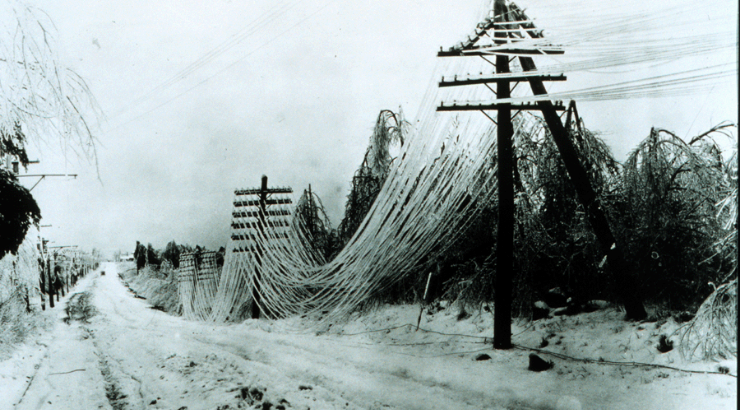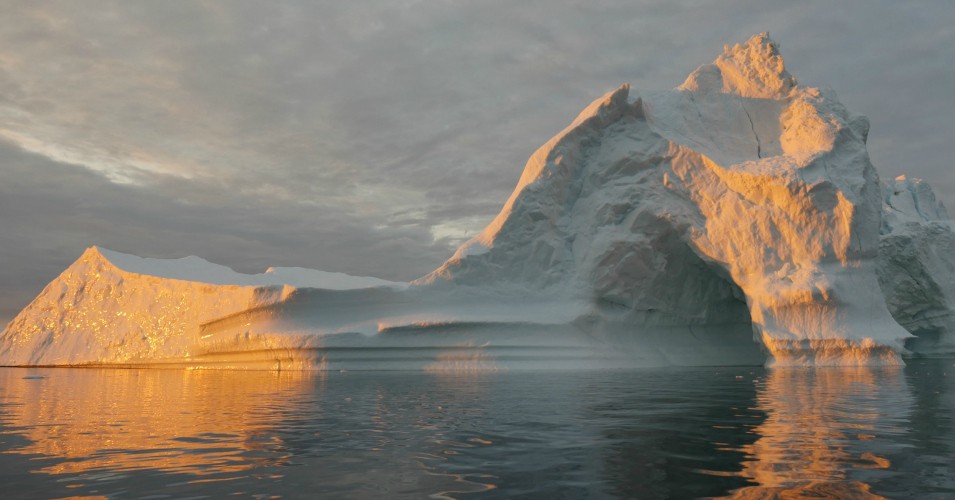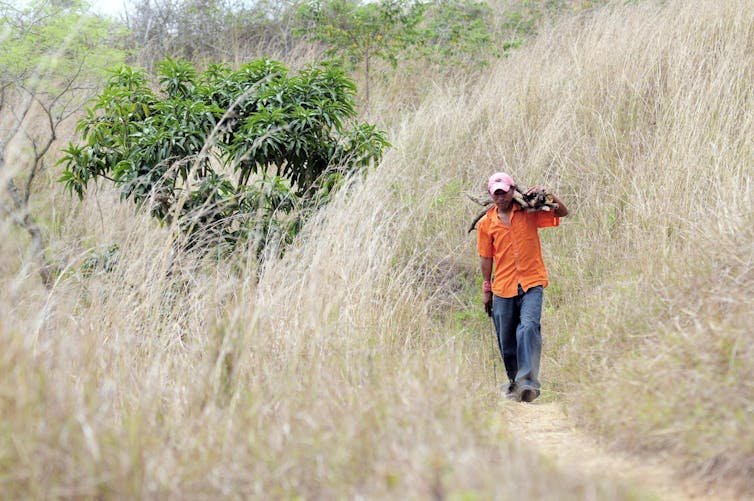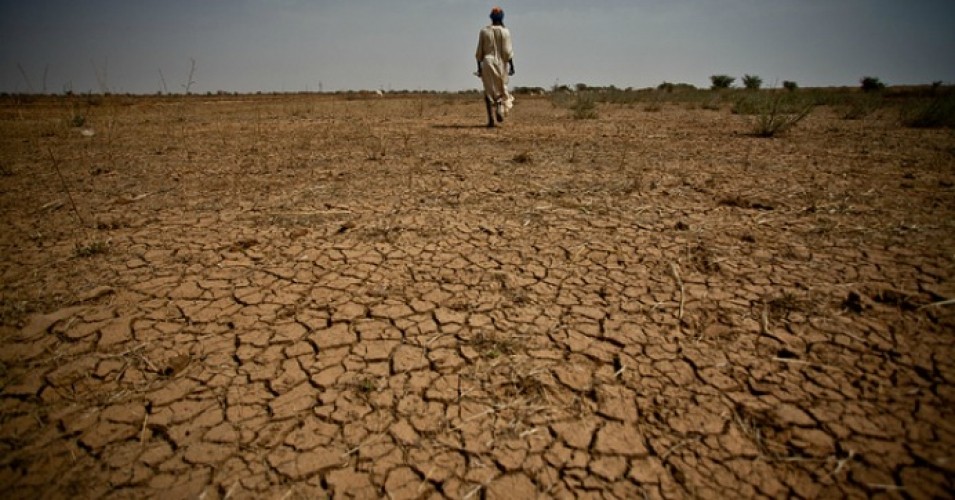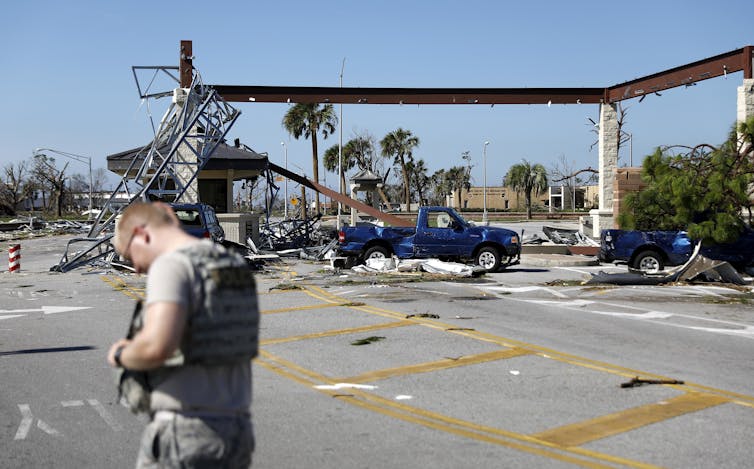
A soldier stands guard at the damaged entrance to Tyndall Air Force Base in Panama City, Florida, Oct. 11, 2018, after Hurricane Michael. AP Photo/David Goldman
Michael Klare, Hampshire College
As experts warn that the world is running out of time to head off severe climate change, discussions of what the U.S. should do about it are split into opposing camps. The scientific-environmental perspective says global warming will cause the planet severe harm without action to slow fossil fuel burning. Those who reject mainstream climate science insist either that warming is not occurring or that it’s not clear human actions are driving it.
With these two extremes polarizing the American political arena, climate policy has come to a near standstill. But as I argue in my new book,“All Hell Breaking Loose: The Pentagon’s Perspective on Climate Change,” the U.S. armed forces offer a third perspective that could help bridge the gap. Continue reading


